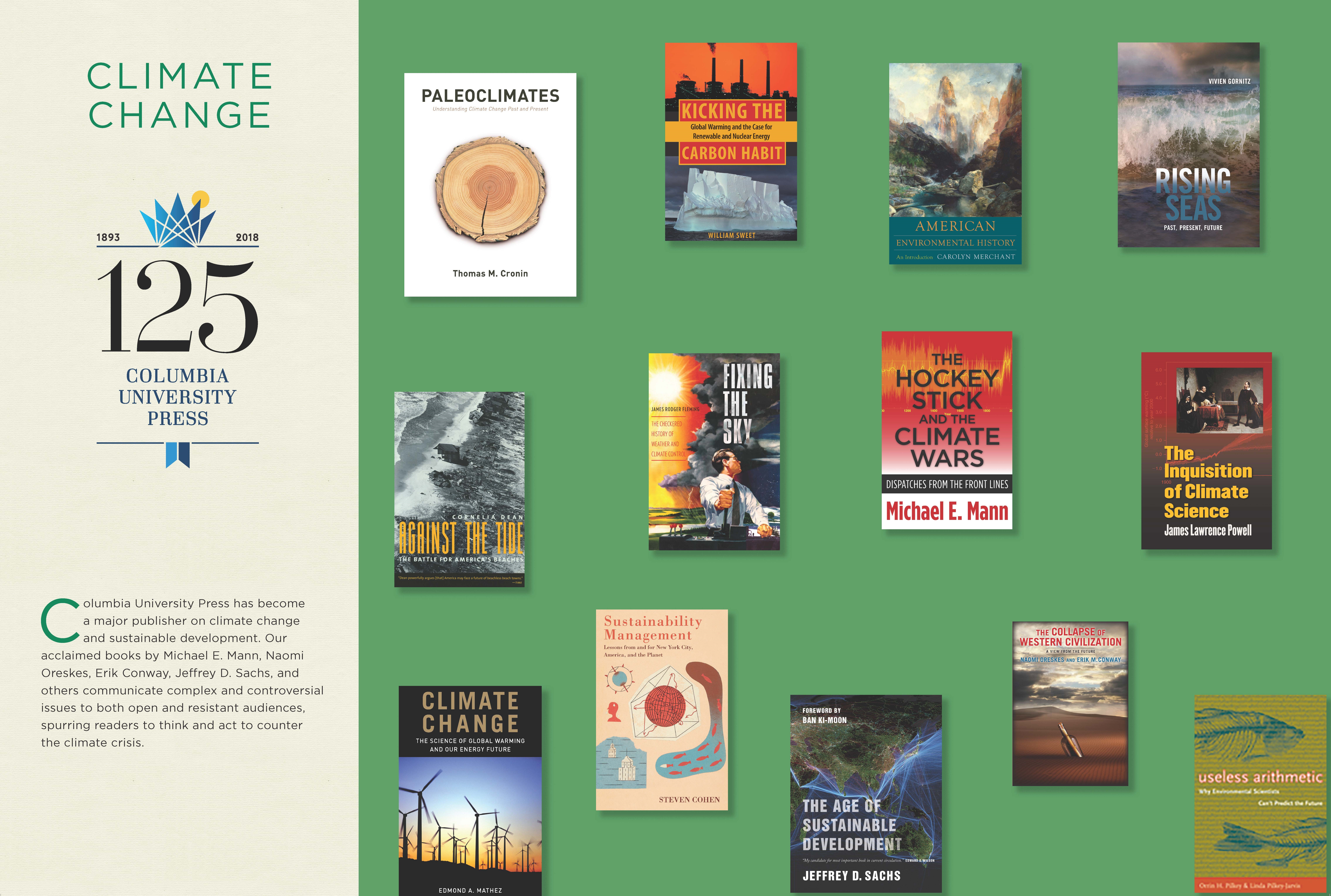Daniel McCool on rethinking our relationships with rivers
This week we are highlighting Daniel McCool’s River Republic: The Fall and Rise of America’s Rivers. Today we’d like to share a guest post written by McCool on how seemingly natural disasters are actually caused by our mistreatment of rivers. And remember that this week you can enter our book giveaway for a chance to win a FREE copy of River Republic.
Here’s a sample of recent headlines:
“Worst Drought in 55 Years Devastates Corn Crop” (The Denver Post)
“Special Report: Water Supplies Pass the Tipping Point” (U-T San Diego)
“The Full Story Behind Simplot’s Two-headed Fish and Phosphate Mine” (Idaho Statesman)
“Electricity Generation ‘Burning’ Rivers of Drought-Scorched Southeast” (Scientific American)
“As Colorado River Dries Up, the West Feels the Pain” (NPR)
“Toxics from Everyday Life Reaching Columbia River” (Seattle Times)
Do we have a problem with how our rivers are managed? Could anyone read these headlines and conclude that everything is okay with our current water policies? I don’t think so. We are all familiar with concepts such as “child abuse” or “spouse abuse.” We need to start thinking in terms of “river abuse,” meaning the unwise, wasteful, and non-sustainable uses of rivers. Many traditional river policies may have made sense a long time ago when they were first formulated, but are now creating disasters. Keep in mind that the problems outlined in the headlines above are not “natural disasters,” but rather a result of short-sighted policies that benefited a few in the short run, but in the long run create enormous problems for our communities, our nation, and the planet.
In River Republic I propose that we fundamentally re-think our relationship to rivers. Today, nearly everyone wants clean, healthy rivers in their community. They want to recreate in or near rivers. They want the wildlife that can only live in the presence of living rivers. And they want their local economy buttressed with tourist dollars. But what we want is not what we got; instead, we diverted, polluted, dried up, or channelized nearly every river in America. In market terms, the demand for healthy rivers far outstrips the supply. If we want to meet current as well as future demand for intact rivers, we will need to restore a lot of rivers. If we fail in our efforts to end “river abuse,” we’ll see a lot more headlines like the ones above.




1 Response